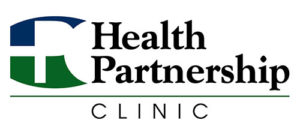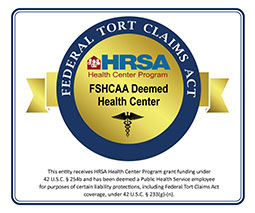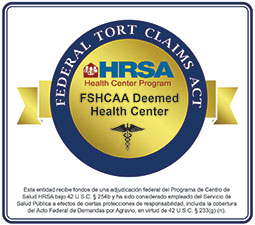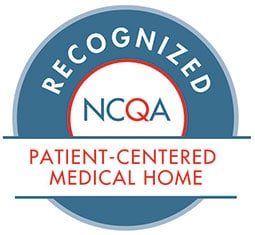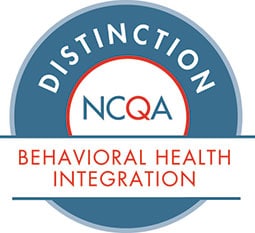Recommended Screenings and Vaccinations: Key to Healthy Living

Gwenyth Wagner
Post written by Gwenyth Wagner, DNP, APRN, Nurse Practitioner, Health Partnership Clinic
As an adult, it is especially important to make sure you are healthy and well. Preventative care is key.
Here is a list of common preventative screenings and vaccinations recommended by the U.S. Preventive Services Task Force (USPSTF) and agencies such as the Center for Disease Control (CDC).
I recommend these screenings to my own patients. As always, be sure to talk to your provider about what is best for you and your health.
Abdominal Aortic Aneurysm
- This is a one-time screening recommended for men between the age of 65-75 who either have smoked or have a history in the family of the disease.
Blood Pressure
- The USPSTF recommends that adults age 40 and older, as well as younger high-risk individuals, have a blood pressure check annually. For those 18-39 without risk factors, blood pressure should be evaluated every three to five years.
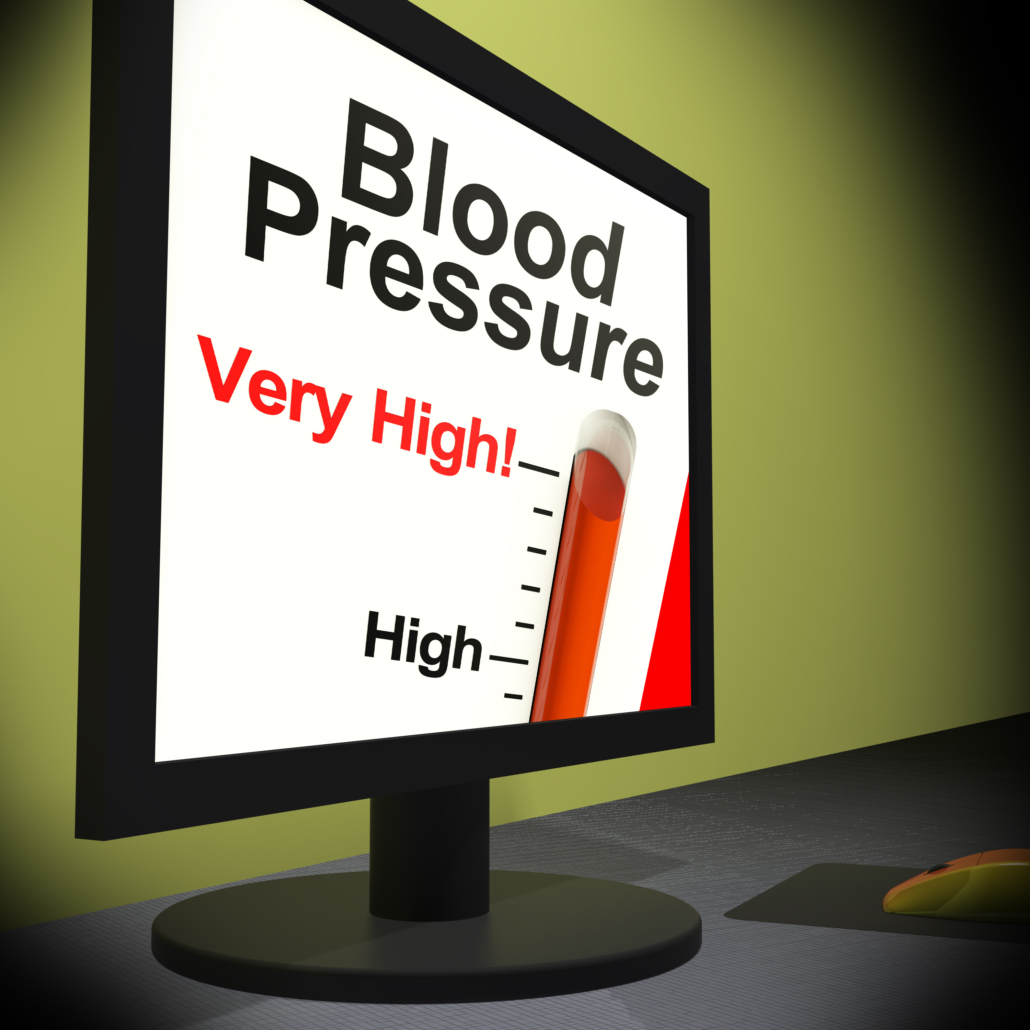 Breast Cancer Screening
Breast Cancer Screening
- Women 50-74 years of age should undergo screening mammograms every two years.
Cholesterol and Lipid Screening
- A Lipid profile (total cholesterol, HDL, and LDL) should be performed every five years for all men and women 40-75 years of age.
Cervical Cancer Screening
- All women ages 21 through 29 years should have a Pap Smear every three years. Women ages 30 through 64 years should have a Pap Smear with HPV screening every five years.
Colon Cancer Screening
- Screening programs should start at age 50 and continue through age 75. This would include a colonoscopy which is recommended every 10 years or a yearly stool test for those who do not have access to colonoscopy services.
Diabetes Screening
- Adults aged 40 and older are recommended to be screened for abnormal blood glucose. Adults of any age with a family history of diabetes or risk factors such as obesity might benefit from routine screening.
Hepatitis C Virus Screening
- Testing is recommended for high-risk individuals especially those who have a history of IV drug use. Screening is also recommended for those individuals born between 1945 and 1965. Three out of four people with Hepatitis C were born between these years. Hepatitis is a liver disease that can result from infection with the hepatitis C virus. Talk to your provider if you fall into this age group.
HIV Screening
- The USPSTF recommends screening for all adults age 18 through 64 but especially for those with risk factors. People who have HIV may initially have no symptoms of their infection but will eventually become very ill if it is not treated. Treatment of HIV is highly effective and can help prevent the spread of infection to others.
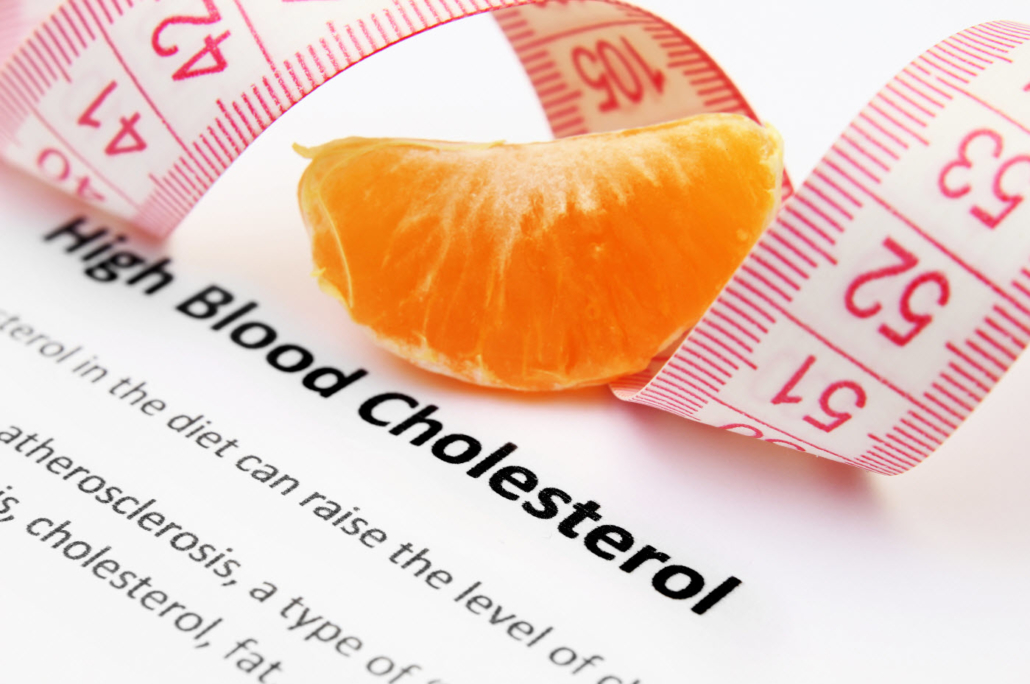 Prostate Cancer Screening
Prostate Cancer Screening
- Screening may be recommended for males aged 50 and older, especially if there is a family history. Screening can be done through a simple blood test as well as a digital rectal exam.
Osteoporosis Screening
- Osteoporosis affects millions of older adults (more females than males) causing their bones to become fragile and more likely to breaks. Women age 65 and older or those younger who are at high risk should be screened for osteoporosis utilizing DEXA (bone mass density test).
Adult Immunizations
- Flu vaccination is recommended annually for individuals.
- Hepatitis B vaccination is recommended for adults who have not already received the series and for certain individuals at high risk or with a chronic illness such as diabetes.
- HPV vaccine is recommended for women up to age 26 or men up to age 21.
- Shingles vaccination is recommended for healthy adults age 50 and older.
- Td (tetanus/diphtheria) or Tdap (tetanus, diphtheria, and pertussis) should be done every 10 years (check to see with your provider what vaccination is best for you).
- Pneumococcal vaccination is recommended for all adults age 65 or greater and in younger individuals who are at increased risk due to smoking history or a chronic illness.
There are many ways you can keep your health in tip-top shape. Remember…
- Talk to your health care provider about the screening tests and vaccinations you need.
- Remember that family history and your environment play a large role in your health. Knowing your family history can help you and your provider know what screening tests are most needed.
- You can help prevent disease and live a healthy life by exercising, eating healthy and getting regular health check-ups.
Ask a provider what preventative measures you should take and what are most important to you. Call to schedule an appointment with HPC at 913-648-2266.
